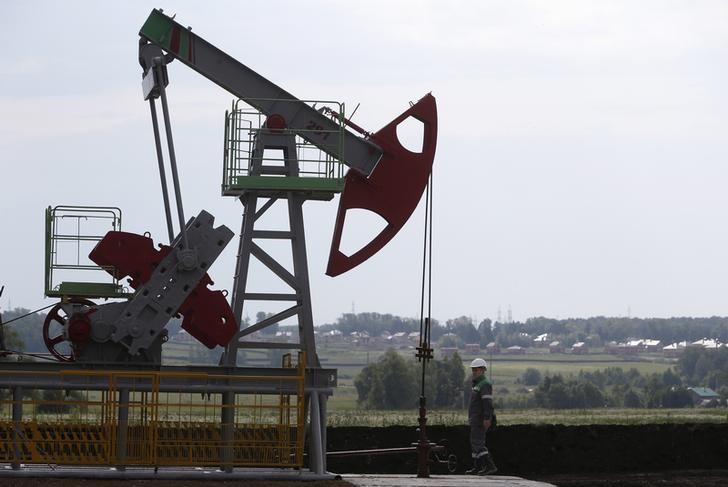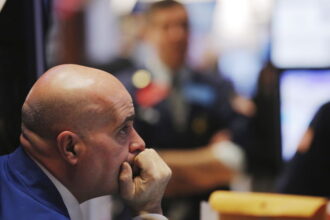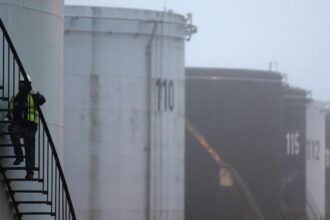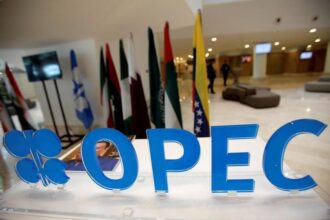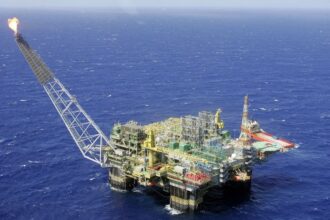Investing.com– Oil prices rose in Asian trade on Tuesday, recovering a measure of overnight losses as bets on tightening global supplies helped somewhat offset concerns over potential weakness in demand for the remainder of the year.
Extended production cuts by major suppliers Saudi Arabia and Russia have been the biggest source of support for crude markets in recent weeks, with prices trending at four-month highs on expectations of tighter supplies.
These expectations were also boosted by a leak in Russia’s Druzhba oil pipeline, as well as a recent Ukraine attack on a Russian oil tanker, which could limit oil shipments from the world’s third-largest crude producer.
rose 0.3% to $85.47 a barrel, while rose 0.2% to $82.11 a barrel by 21:24 ET (01:24 GMT). Both contracts slid over 1% on Monday, breaking a six-day winning streak.
Demand uncertainty still in play
But gains in oil prices were limited, amid concerns over a demand slowdown this year, especially as the U.S. summer season winds down. Markets fear this could result in fewer big inventory draws in the country.
Economic weakness in China, the world’s largest oil importer, has also weighed on the country’s fuel consumption. While oil shipments to China have remained at record levels, fuel demand has struggled to reach pre-COVID levels.
due later on Tuesday is set to shed more light on China’s economic health, with both exports and imports expected to have declined further in July. from the country is due on Wednesday, and is also expected to offer more economic cues.
Investors are also watching for any more stimulus measures from China, as the country grapples with a slowing post-COVID recovery.
Strong dollar, inflation uncertainty weighs
Strength in the , amid growing uncertainty over the path of U.S. interest rates, also kept a cap on more oil prices.
The greenback saw increased bids this week as investors positioned themselves for a potentially stronger inflation reading on Thursday. While U.S. inflation decreased substantially this year, it still remained well above the Federal Reserve’s annual target range, potentially attracting a sustained hawkish stance from the central bank.
Fed officials also offered mixed signals on future rate hikes, brewing more uncertainty over the coming inflation data as investors sought clearer signs of easing U.S. inflation.
Rising interest rates, or even higher-for-longer rates, are expected to weigh on economic activity in the remainder of the year- which investors fear could stymie global oil demand.
Read the full article here


